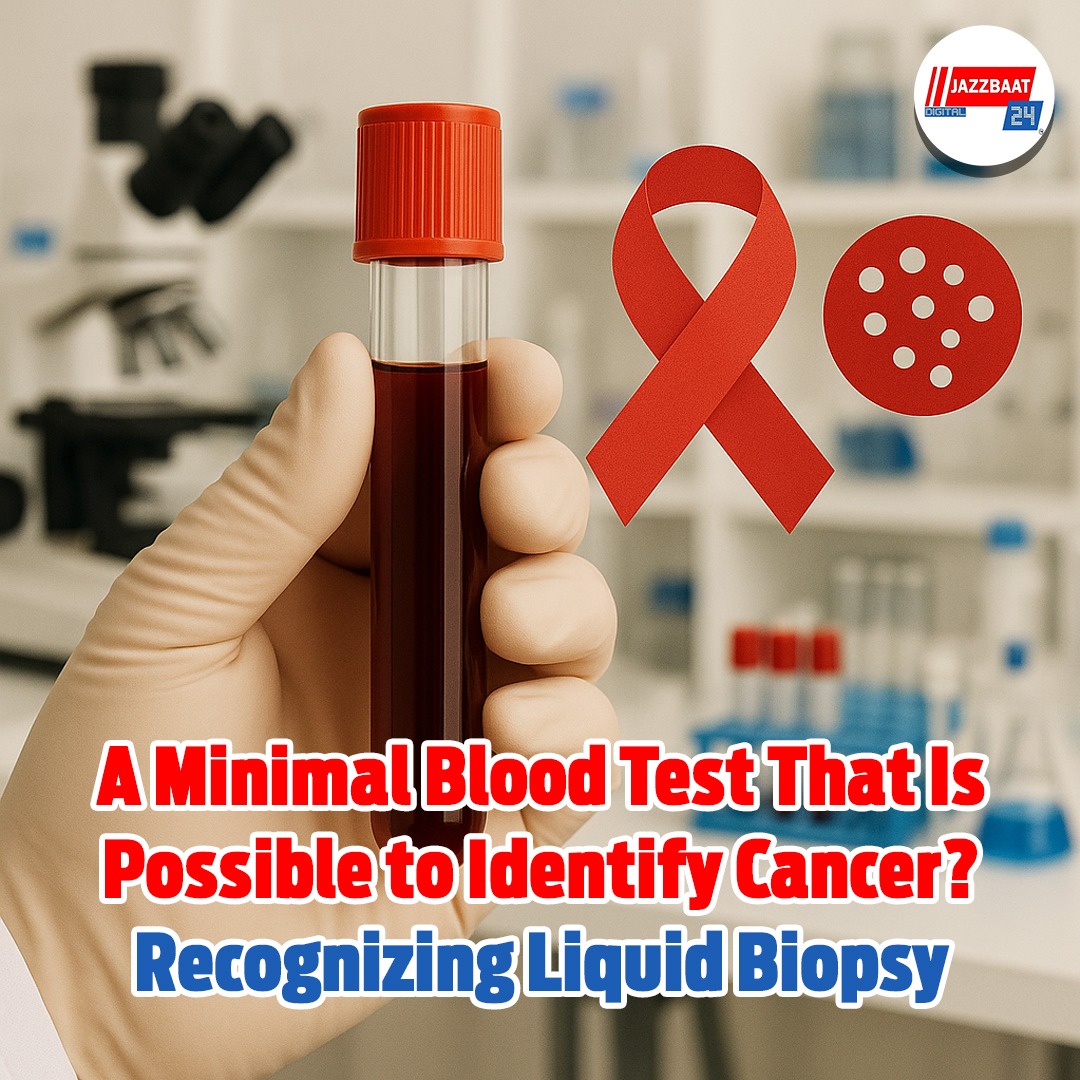
Without requiring surgery, a straightforward blood test known as liquid biopsy can identify cancer early, track its recurrence, and direct individualized treatment.
Imagine being able to identify cancer, or its recurrence, without intrusive procedures or unpleasant surgery. That is precisely what liquid biopsy provides: a revolutionary development in cancer treatment that transforms a straightforward blood sample into an effective diagnostic instrument. Everything you need to know is shared by Dr. Mandeep Singh Malhotra, head oncologist at Art of Healing Cancer.
Traditionally, a needle operation or surgery was used to remove a small sample of tissue from a suspicious tumor or organ in order to diagnose cancer. We refer to this as a tissue biopsy. It frequently entails dangers, discomfort, and occasionally even anesthetic.
However, a liquid biopsy is much easier. It only requires a blood sample, but it can provide detailed information on the presence, recurrence, or likelihood of cancer. It functions by identifying microscopic pieces of cancer cells (CTCs) or tumor DNA (ctDNA) that can be floating around in your blood.
A liquid biopsy is a non-invasive medical test that detects cancer by analyzing DNA fragments released by cancer cells into the bloodstream. It can identify genetic mutations like those in BRCA1/2 or TP53 that indicate increased cancer risk, and monitor immune system changes by detecting early abnormalities in white blood cells. Essentially, it serves as an early warning and monitoring system for cancer, eliminating the need for invasive procedures.
Liquid biopsies offer several key advantages in cancer management. Firstly, for post-treatment patients, they act as an early warning system, detecting cancer recurrence potentially before traditional scans or physical exams, enabling timely intervention. Secondly, in precision oncology, these biopsies analyze DNA and RNA to identify specific genetic abnormalities driving the cancer, allowing oncologists to create personalized treatment plans, including targeted medications, supplements, or alternative therapies. Finally, while not yet a tool for mass screening, liquid biopsies are highly beneficial in specific diagnostic situations. They can help differentiate between a uterine fibroid and a more serious growth, assess suspicious mouth lesions in tobacco users for cancerous DNA, and provide a safe alternative for diagnosing hard-to-reach tumors in organs like the bone, liver, or lungs where traditional biopsies pose risks.